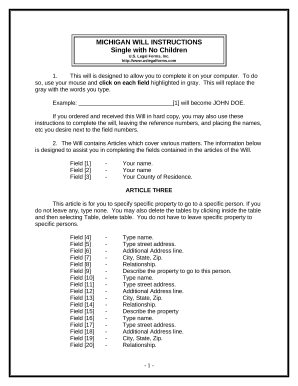
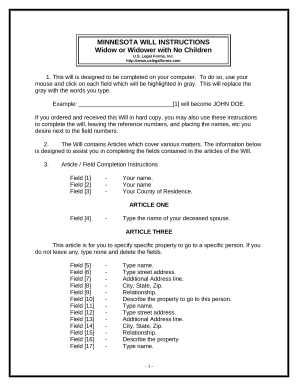
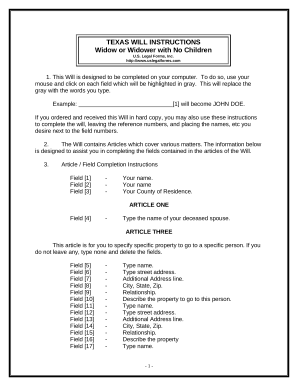
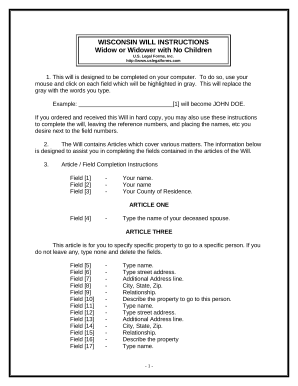
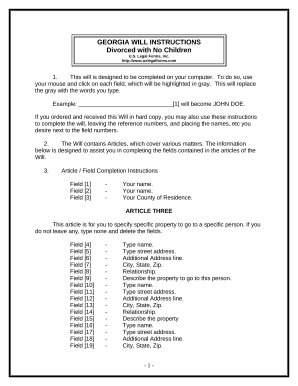
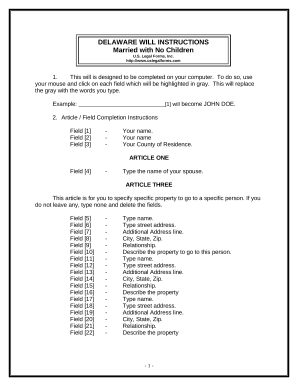

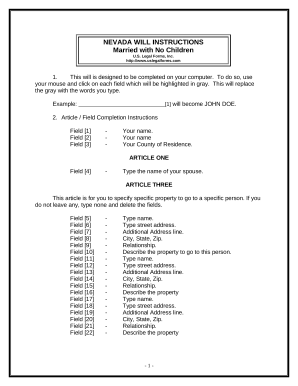
Your workflows always benefit when you can discover all the forms and documents you need on hand. DocHub delivers a huge selection of form templates to alleviate your everyday pains. Get hold of Will Forms For People Without Children category and easily discover your document.
Begin working with Will Forms For People Without Children in several clicks:
Enjoy fast and easy file administration with DocHub. Discover our Will Forms For People Without Children collection and find your form today!